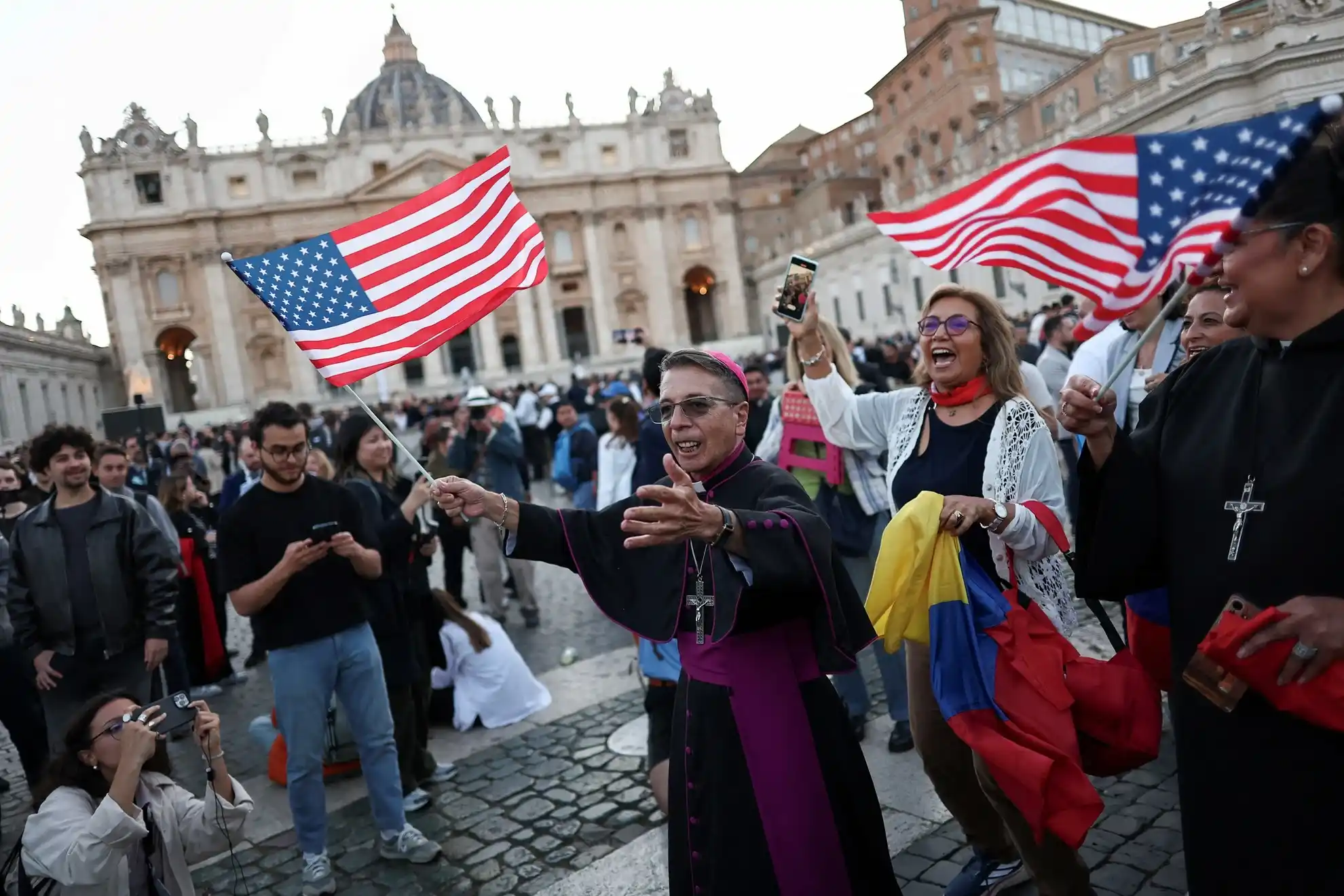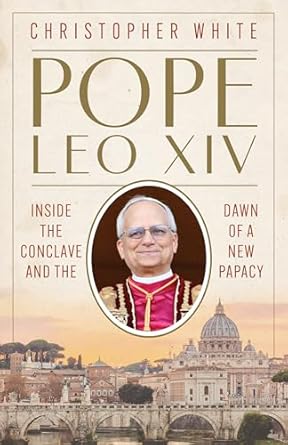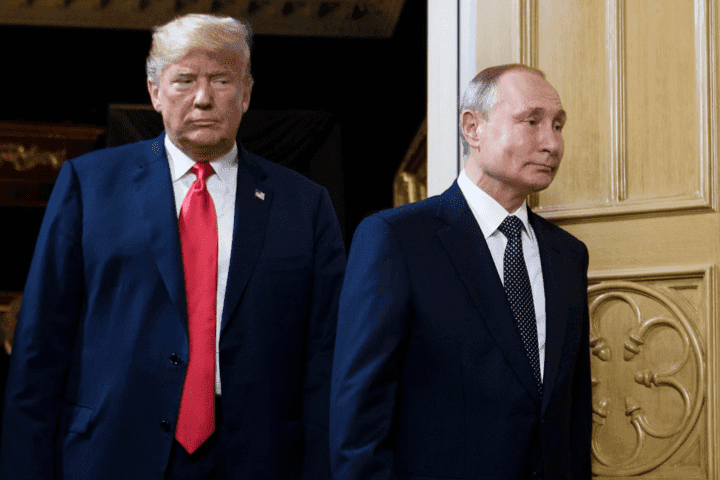The election of the new pontiff, Leo XIV, has sparked a wave of patriotic enthusiasm in the United States, especially in Chicago, where he spent his formative years. But the identity of the 267th pope goes far beyond American pride: he is a global citizen with dual U.S. and Peruvian citizenship, a polyglot devoted to the poor and the vulnerable.
Formal congratulations and subtle political signals
President Donald Trump offered a formal congratulation to Robert Francis Prevost — the pope’s secular name — writing on his Truth Social platform: “It’s such an honor to realize he is the first American pope. What excitement and what a great honor for our country.” Yet, as Le Monde points out, the lack of genuine enthusiasm in this message is telling. Leo XIV is not a figure likely to resonate with the MAGA movement, which is deeply rooted in anti-immigration rhetoric and Christian nationalism.
As Kathleen Sprows Cummings, a professor of American studies at the University of Notre Dame, explained:
“Leo XIV is someone who seeks to unify rather than polarize, to bridge divides rather than deepen them. He puts Christ before nation. The Catholic Church transcends nationality, borders, and human-made boundaries.”
American Christianity: Decline and radicalization
According to the latest Pew Research Center survey, American religiosity is steadily declining. In 2007, 78% of Americans identified as Christians; in 2023, that number had dropped to 62%. Only 19% now identify as Catholic, while 23% align with various evangelical movements.
At the same time, a growing current on the political right — Christian nationalism — is gaining strength. This ideology demands literal interpretations of the Bible in lawmaking and promotes anti-immigrant rhetoric under the guise of preserving a glorified American identity.
Clash with the Vice President
Pope Leo XIV has already indirectly clashed with American political leaders. In a January appearance on Fox News, U.S. Vice President J.D. Vance, himself a convert to Catholicism, explained his view of Christian love as a hierarchy:
“You love your family, then your neighbor, then your community, then your country. Only after that should you care for the rest of the world. The radical left has reversed this completely. They seem to hate their fellow citizens and care more about foreigners. That’s not how to run a society.”
In response, Robert Francis Prevost — before becoming pope — shared an article on X (formerly Twitter) on February 3, published by National Catholic Reporter, titled: “J.D. Vance is wrong: Jesus does not ask us to rank our love for others.” It was a clear theological rebuttal, echoing the inclusive message of Pope Francis and emphasizing moral clarity over political expedience.
A long-standing commitment to refugees and justice
Leo XIV’s public record reveals consistent advocacy for social justice. In 2015, he shared a petition on climate action, and in the same year, he wrote: “It is time to end the death penalty.” In January 2017, as Trump took office, he reposted condemnations of the new administration’s immigration policies. In 2020, he expressed support for prayers for the family of George Floyd, the Black man killed by police — another signal of his alignment with values of empathy and justice.
A black-and-white photo published by The New York Times shows a young Prevost standing beside Pope John Paul II in 1982, just after his ordination at age 27. While their biographies differ, the image is a quiet reminder of John Paul II’s pivotal role in Poland’s resistance to communism. Likewise, Leo XIV could become a moral counterbalance to authoritarianism and xenophobia in today’s American politics — not through confrontation, but through steady ethical opposition.
Catholic, but not a nationalist
Despite his U.S. origins, Pope Leo XIV has deliberately avoided being cast as a representative of an “American Church.” His vision is universal. He doesn’t seek conflict, but neither does he shy away from taking moral positions. As Le Monde notes, his voice already contrasts sharply with the rhetoric of certain U.S. officials. He speaks the language of human dignity, compassion, and solidarity — values that transcend borders and ideologies.
While Leo XIV’s election may disappoint American ultraconservatives, it offers the Catholic Church — in the U.S. and worldwide — a fresh path forward. His leadership signals a return to universalism, humanism, and spiritual integrity in an age where religion is too often exploited to divide rather than unite.
This article was prepared based on materials published by Le Monde. The author does not claim authorship of the original text but presents their interpretation of the content for informational purposes.
The original article can be found at the following link: Le Monde.
All rights to the original text belong to Le Monde.




















